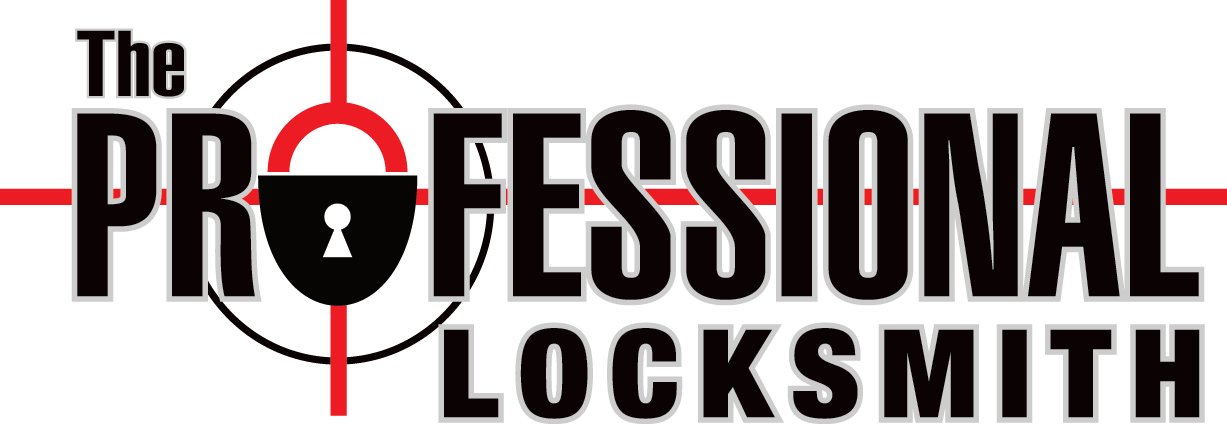You've locked your keys in your car or lost the key to your house. You feel a bit desperate and you just want to get into your car or home. When this happens, call a Chicago locksmith before you try to break into your car or home.
Breaking into your car or home is dangerous. It can cause suspicion, damage and many other issues. Here are some of the main reasons you should never try to break into your own car or home.
Injury
If you try to break into your car, it could lead to serious injury. Maybe you think a broken window isn't that big of a deal to fix and you really want into the car. However, when you break that window, the process backfires and you end up cut badly. Even if you don't decide to break the window, trying to break into your own car could lead to injury.
The same goes for your home. Often, breaking into your own home means you're trying to climb into a window, which can be dangerous. You could fall on something inside or outside or hurt yourself in the process. Or, even if you think it goes smoothly you could later cut yourself on the glass you didn’t see in the creases of your car seat.
Damage your Car or Home
One of the main reasons you should never try to break into your own car or home is the damage you can cause. Often, calling a Chicago locksmith is cheaper than replacing a window or other damage you could cause. You may bend a door the wrong way; break a lock on a home window or something else. If you damage the mechanism that locks the window or door, you could spend much more to fix it instead of just calling a locksmith to help you into your vehicle or home.
Cause Legal Issues
If a police vehicle drives by during your attempted break-in, they won't know you own the home or car. They will likely suspect you are a thief and could arrest you for trying to break into your own car or home. Worst case scenario, they question you and the stress of the situation gets to you. This causes you to fight with the police, which could lead to legal issues.
You Could Make Yourself a Target of Crime
When you're desperate to get into your vehicle or home, you may not notice the person that has been watching you and comes up behind you with a gun. The next thing you know, you've become a victim of a crime because you were too busy trying to break into your car or home. Even worse, the thief could break into your car for you and take off with it.
If you're in an unsafe area or it's late at night, don't risk it. Call a Chicago locksmith instead and let a professional handle the job.
There are many things that could happen if you try to break into your own car or home. Most of them are not good. It's better to trust a professional locksmith and it will cost much less than the damage or injury you could cause trying to do it yourself.





